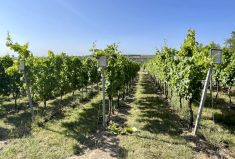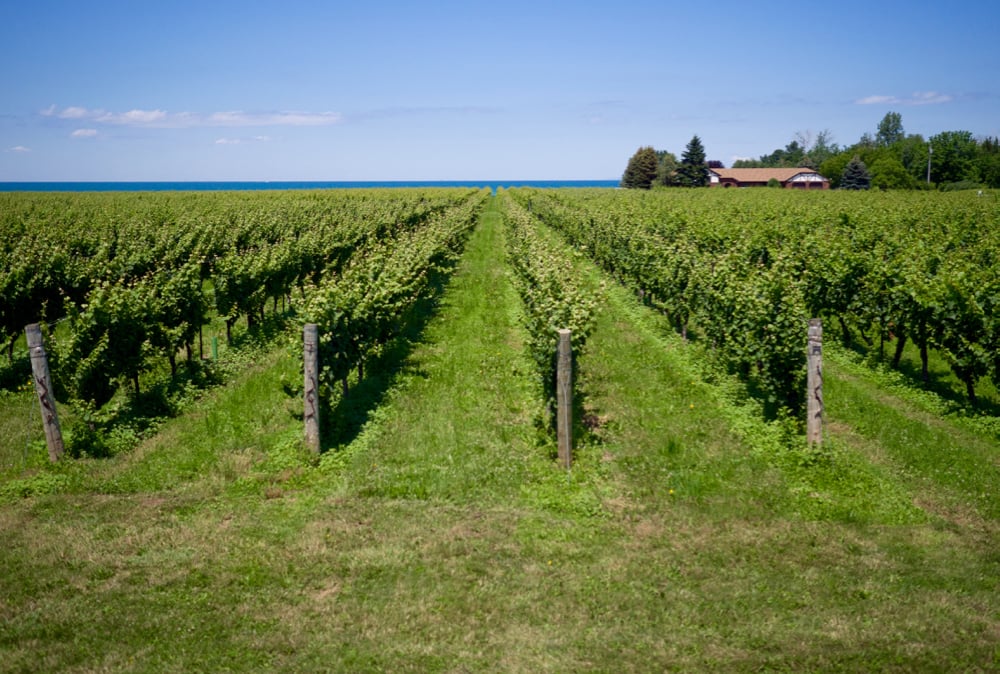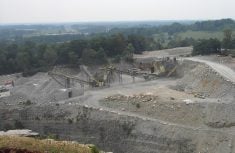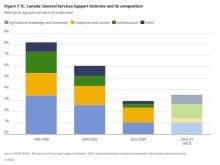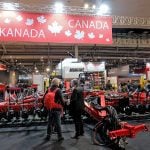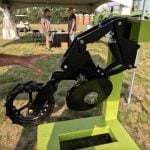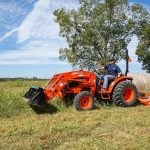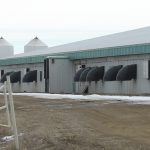Michael Duncan, a research chair with Natural Sciences and Engineering Research Council of Canada, and his team are modifying a robot to help grape farmers detect climates within their vineyards, identify diseases and the crop stage for appropriate timing of harvest.
Why it matters: Robots are capable of identifying factors in the environment and diseases on plants which are difficult to recognize to the naked human eye and process the information quickly. This robot will bring these factors into the grape industry.
Read Also
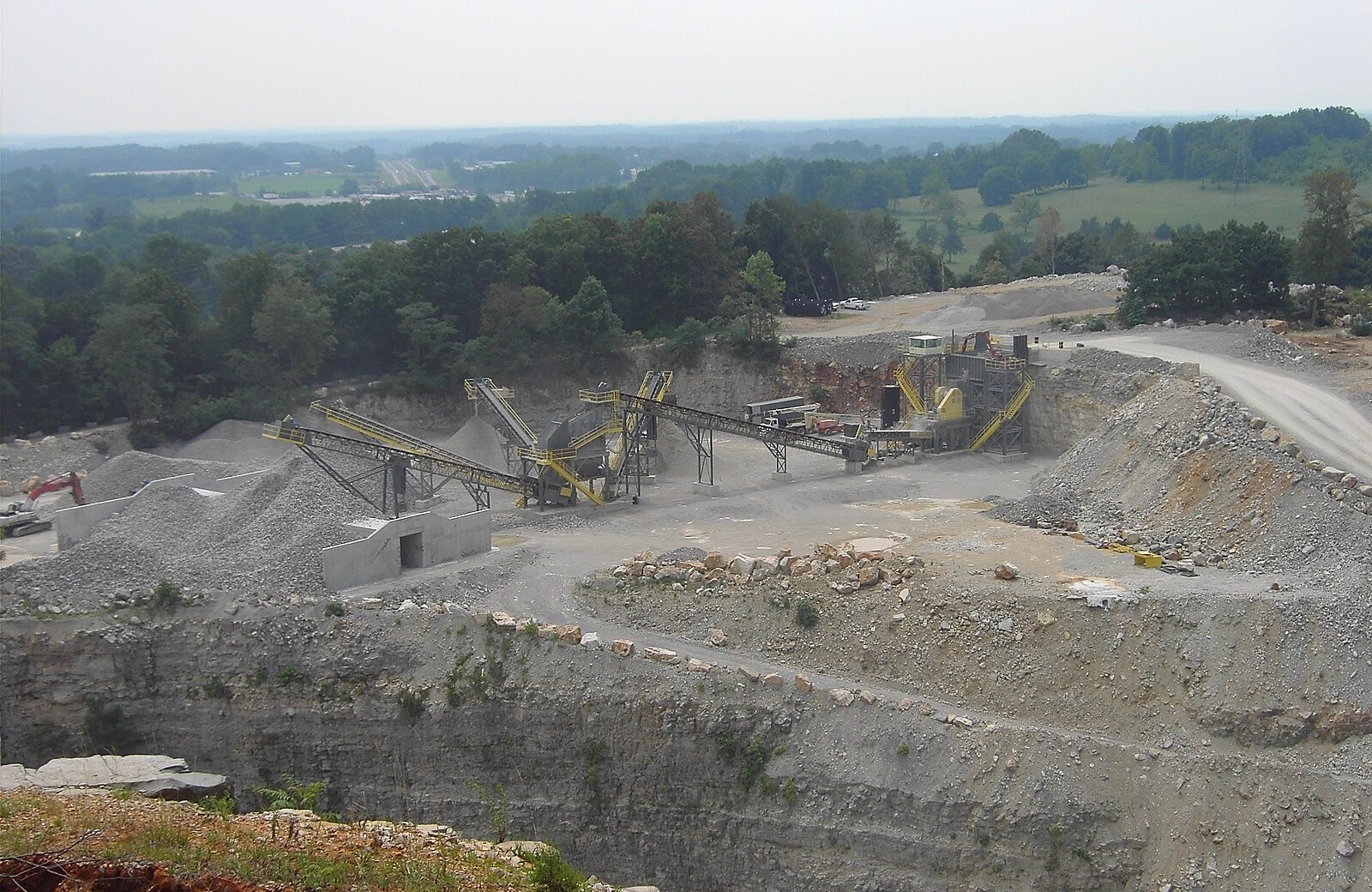
Melancthon faces a new quarry fight over water, environment and farmland risks
A proposed Strada blast quarry in Melancthon, Ont., sparks regional debate over water protection, farmland sustainability, and Ontario’s aggregate policy.
Artificial intelligence can measure much more than what the human eye can detect and robots’ abilities to work around the clock brings features to the agriculture industry that humans can’t physically complete.
Drones are difficult to use for this sort of work because they fly above the canopy, says Duncan. He wants to create a robot that works from the ground to identify factors within and under the canopy.
Although working on the ground brings better identification strategies and capabilities, it creates more challenges with manoeuvering the device around the surroundings and topography.
When working on the ground there is more of a chance for the robot to run into a tree or a pond and it’s a hard problem to solve, says Duncan.
The team, working with the original robot created and sold by Korechi, started off with attaching a camera and some temperature probes to a radio controlled car but had issues with having to continuously follow the car to control it and they wanted the device to be completely automatic. They needed something with weight and the ability to plow through thick grass, navigate itself and have enough charge to run 24 hours a day.
In the fall of 2018, they began working with the Korechi robot, which was introduced to them through the McMaster Forge program. Korechi received funding from BioEnterprise, a Canadian leading agri-tech business focused on bringing innovations to the marketplace, at the beginning of this year to continue working on improving this project, in partnership with the Niagara College team.
The robot, known as Korechi Roamio, weighs around 400 lbs., it operates on a lithium battery, contains a generator back-up allowing it to run for 24 hours a day and has three antennas on top which help with the GPS.
Currently the team is working on the navigation system for the robot, then they will move towards the cameras and central server for the robot.
They hope to have it completed by May of this year to trial and ensure it’s completing and collecting the data it’s supposed to before attempting trials in actual vineyards in the late summer when the vineyards are close to harvest. Their ongoing work is funded by the Ontario Centres of Excellence.
Yield from grapes is not as vital as the quality of the grapes as they are made into wine.
The idea behind the Korechi Roamio is to help detect the climate within the vineyards helping to better handle diseases and crop harvest, leading to higher quality of grapes when harvested.
The robot is able to consistently capture readings within the vineyard. It can look at the colour of the grapes and identify the proper time of harvest. This aspect is very important says Andrew Nickel, a research associate working with Roamio, as grapes don’t all ripen at the same time. Allowing farmers to continuously harvest grapes at the proper time ensures quality and a high return on investment.
The Roamio will be able to identify the cold and hot spots within the vineyard allowing the farmer to take action before diseases develop in the hot climates, says Duncan.
The team at Niagara College Canada is working towards completing tasks with Roamio that people can’t do, not working towards replacing people, but having Roamio help alleviate labour challenge.
Updated May 6, 2019






